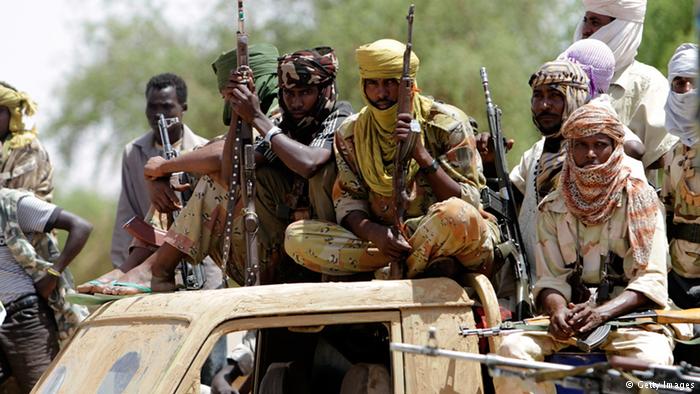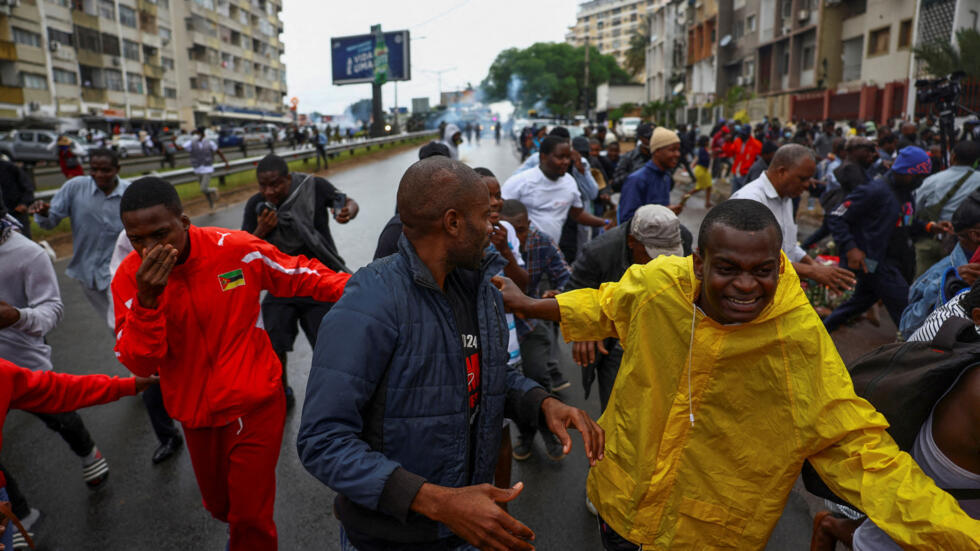
Sudan: War rages, community kitchens struggle to keep food supplies flowing
Sudan is once again in the grip of intense violence, straining humanitarian efforts in the country. As fighting between rival forces continues unabated, vital infrastructure is collapsing and civilians are paying a heavy price. Among the many consequences of this protracted war, food insecurity is being felt more than ever, with community kitchens now on the brink of collapse.
War worsens food insecurity
Since the start of this new wave of conflict in Sudan, the violence has led to a major humanitarian crisis. Markets have been devastated, supply networks have been broken, and farmers trapped in combat zones can no longer cultivate their land. As a result, access to food has become a colossal challenge for the population. In towns ravaged by the bombings, the few remaining community kitchens are struggling to provide even one meal a day to the thousands of displaced people.
These kitchens, often run by NGOs and local volunteers, have become the only lifeline for many of the trapped Sudanese. But food stocks are rapidly dwindling, and the delivery of basic supplies is becoming impossible in the areas worst affected by the fighting. "We have less and less to offer, and more and more mouths to feed," says the manager of one of these improvised kitchens.
Increasingly difficult access to food
The situation is particularly alarming in the worst-hit urban areas, such as Khartoum and Omdurman, where violence has made it impossible to supply markets. Intense fighting has not only prevented humanitarian convoys from moving, but also prevented farmers from producing any crops. As a result, millions of people are at risk of starvation, and food prices are skyrocketing in the few places where food is still available.
According to the World Food Programme (WFP), tens of millions of Sudanese are currently at risk of hunger. "We are facing an unprecedented crisis," said one of the WFP representatives on the ground. "Without urgent international intervention, famine will affect entire areas within weeks."
Insufficient international support
While calls for help are increasing, the response from the international community remains, for the moment, largely inadequate. The United Nations and several non-governmental organizations (NGOs) have attempted to deploy emergency aid, but the violence is hampering their efforts. In addition, international fatigue in the face of this protracted conflict has reduced the capacity to mobilize resources. Access to civilian populations is limited by the fighting and military blockades, leaving large areas of the country without any assistance.
Economic sanctions and the destruction of infrastructure have further weakened an already vulnerable country. Entire regions are cut off from the rest of the world, and the few secure humanitarian corridors are no longer sufficient to meet the scale of needs.
A population at the end of its rope
On the ground, the situation is dire for the Sudanese population, who not only have to survive bombardments and crossfire, but who also see their resources drying up day after day. The lack of food and water, combined with widespread insecurity, is creating a climate of despair throughout the country. Thousands of people are trying to flee to safer areas or take refuge in humanitarian camps, often already overcrowded and lacking resources.



Leave a comment
This site is protected by hCaptcha and the hCaptcha Privacy Policy and Terms of Service apply.